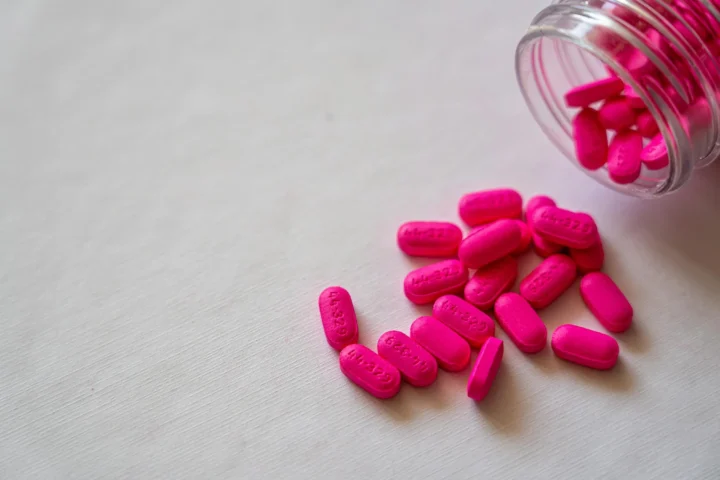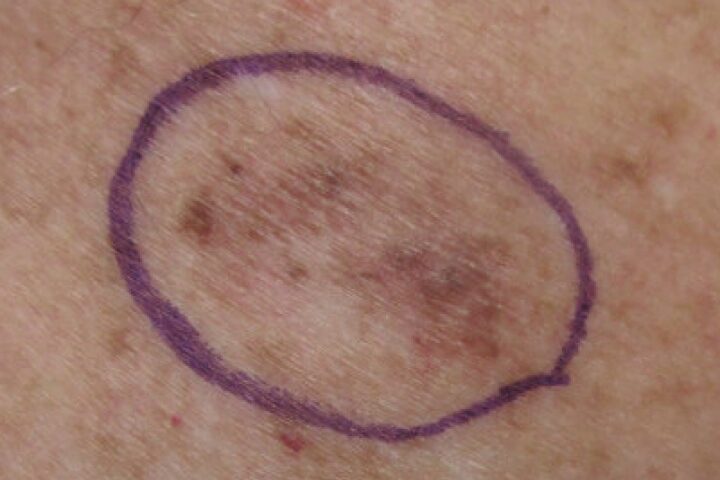The popular diabetes and weight loss medication Ozempic might help people drink less alcohol. New research shows that people taking the drug not only lost weight but also found themselves naturally wanting fewer drinks.
In a recent study, scientists worked with 48 adults who regularly drank more than recommended amounts – that’s over seven drinks weekly for women and over 14 for men. Half took Ozempic (also known as semaglutide) starting with a 0.25mg weekly dose for four weeks, then 0.5mg for four weeks, and finally 1.0mg for one week, while half received a dummy treatment. Neither group knew which they were getting.
The results were clear: by the second month of treatment, people taking Ozempic cut their drinking by nearly 30% on drinking days, while those on the placebo only reduced intake by 2%. “We didn’t expect such strong results, even with low doses of the medication,” says Dr. Christian Hendershot from the University of Southern California, who led the study.
To understand how much this mattered in real life, consider this: 40% of people taking Ozempic stopped having any heavy drinking days by the study’s second month. Only 20% of those not taking the medication achieved this. A heavy drinking day means having 4 or more drinks for women or 5 or more for men.
The study took place both in regular life and in a lab setting where participants could drink their preferred alcoholic beverage over a two-hour period. This helped scientists see how the medication affected real-world drinking habits.
An unexpected finding emerged: smokers who took Ozempic also cut back on cigarettes without specifically trying to quit. This suggests the medication might help reduce different types of cravings at once.
Similar Posts
The science behind this works similarly to how Ozempic reduces appetite. Just as the medication can make someone feel less hungry for food, it appears to reduce the brain’s desire for alcohol. This matters because the drugs currently approved to treat alcohol use disorder aren’t widely used, and many people struggle to find effective help.
“This could fill a major gap in treatment options,” says Dr. Klara Klein from the University of North Carolina School of Medicine. This is especially important since alcohol contributes to about 178,000 deaths yearly in the United States.
The findings match what some patients and doctors have observed – those taking Ozempic for weight loss or diabetes suddenly lost their desire for alcohol. Now there’s scientific evidence backing up these observations.
But researchers are being careful not to oversell these findings. Dr. W. Kyle Simmons from Oklahoma State University points out that larger studies are needed. They need to know if the medication works as well for people who have drinking problems but aren’t overweight or diabetic.
Other research supports these findings. A study of over two million veterans with diabetes showed that similar medications lowered their risk of developing substance use disorders, including alcohol use disorder. Another study found that people with both drinking problems and weight issues who took the medication were less likely to return to heavy drinking.

This matters because nearly one in three American adults has struggled with drinking at some point. Yet most don’t seek help or find current treatments helpful. While Ozempic isn’t approved for treating alcohol problems yet, this research offers hope for new treatment options.
The National Institute on Alcohol Abuse and Alcoholism supported this research, showing that major health organizations are interested in finding new ways to help people who want to drink less.


















